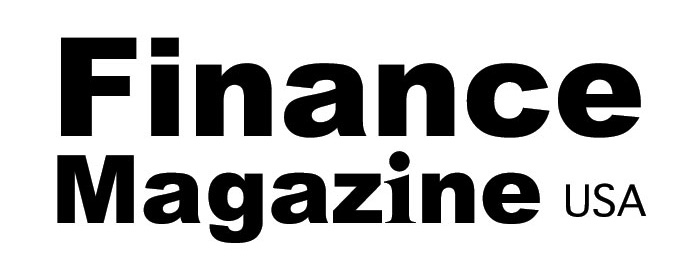The Carbon-credit Market: A Sinner’s Paradise?
Have you ever heard of the old saying, “As soon as a coin in the coffer rings, the soul from purgatory springs”? This quote refers to the controversial practice of indulgences, which were sold by the church in the 16th century as a means for believers to atone for their sins. Fast forward to today, and it seems there’s a modern-day equivalent in the form of the carbon-credit market. Instead of reducing your carbon footprint, why not simply pay someone else to do it for you? Sounds like a good deal, right? Well, not so fast.
The voluntary carbon market, as opposed to compliance markets, such as the EU’s emissions-trading scheme, is facing its fair share of challenges. In a similar vein to the Reformation, which led to the questioning of indulgence practices, critics of the carbon-credit market have highlighted that offsets struggle to prove they make a difference to emissions. Renewable projects are often viable on their own, making it unclear whether funding them actually lowers emissions.
Moreover, the voluntary carbon market has been marred by recent scandals, including allegations that many leading “nature-based” offsets, which typically aim to restore forests, are ineffective. This has led to a collapse in prices for nature-based offsets, from $15 a tonne to $0.10 a tonne. It’s clear that the market is in dire need of reform.
However, all hope is not lost. Recent proposals at climate summits, such as the idea of an “end-to-end integrity framework,” aim to restore confidence in the market and potentially entice back corporate buyers. The sheer scale of private investment in this space could provide much-needed funds to combat global warming, as seen in America’s state department’s plan for its own carbon-offset scheme at COP.
At the heart of these efforts is the idea of leveraging private investment, loans, and carbon credits to promote positive change in fighting climate change. For example, the Rockefeller Foundation is supporting a scheme that combines private investment, loans, and carbon credits to reduce the transition costs from coal to renewables.
While these developments are promising, there are still obstacles to overcome, including the issue of transparency in accreditation schemes. Without clear standards, participants in the carbon-credit market may find themselves navigating a “Wild West,” according to experts. The danger is that bad publicity might drive firms away from the market altogether. As for carbon sinners looking for an easy fix, it seems like the path to redemption may be more elusive than they thought.
In the end, it’s clear that the carbon-credit market is at a crossroads. Will reforms restore confidence and attract new investment, or will the market remain mired in controversy and uncertainty? Only time will tell.
For more expert analysis of the biggest stories in economics, finance, and markets, sign up for Money Talks, our weekly subscriber-only newsletter packed with exclusive content. Make sure you are not missing out!
Source link




